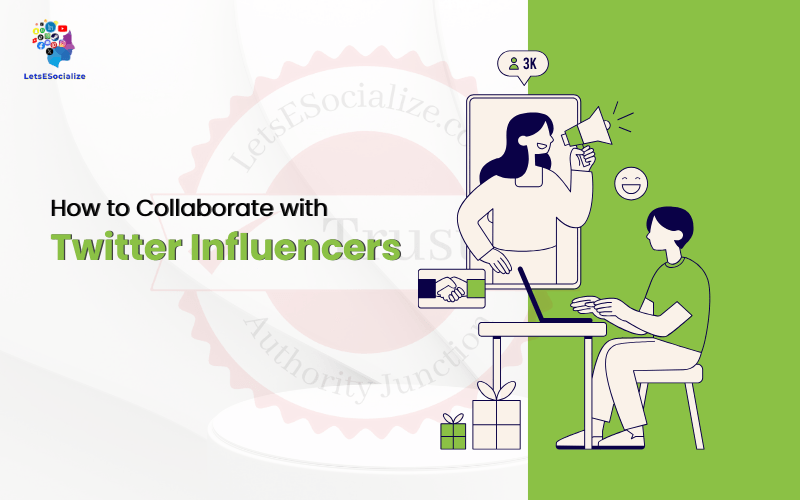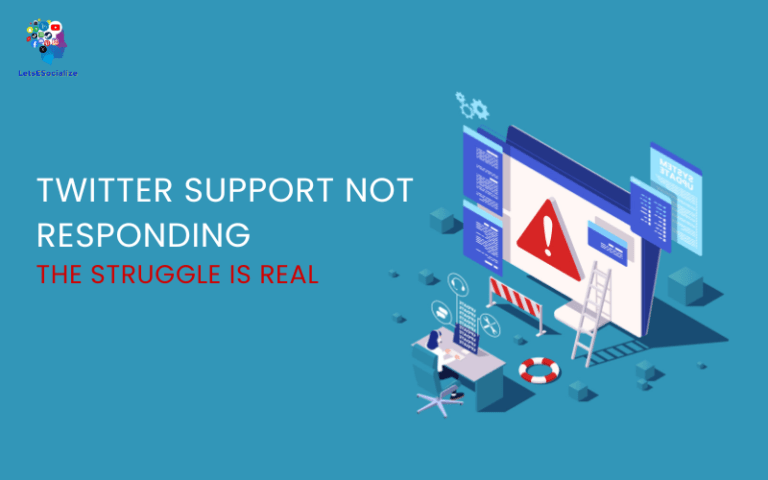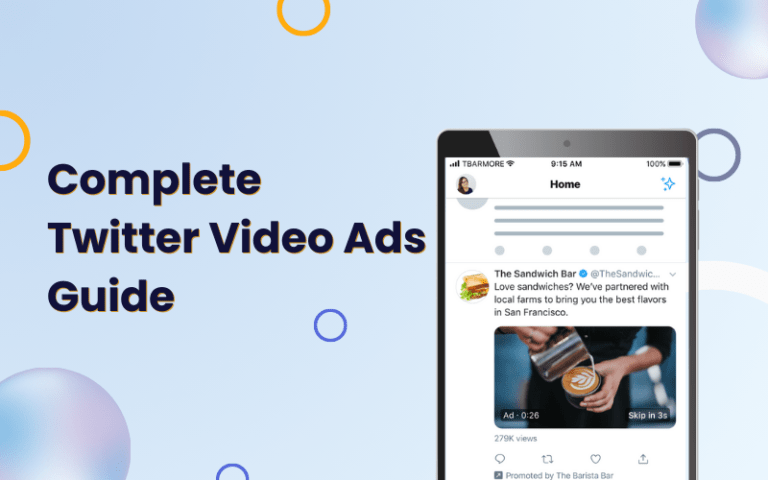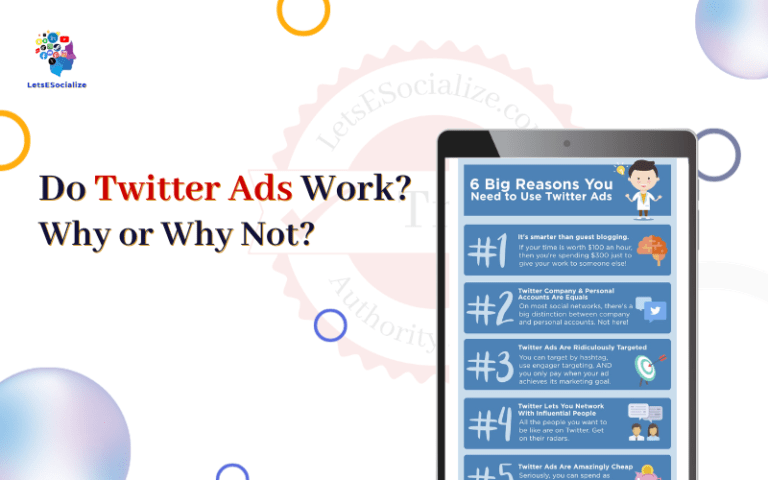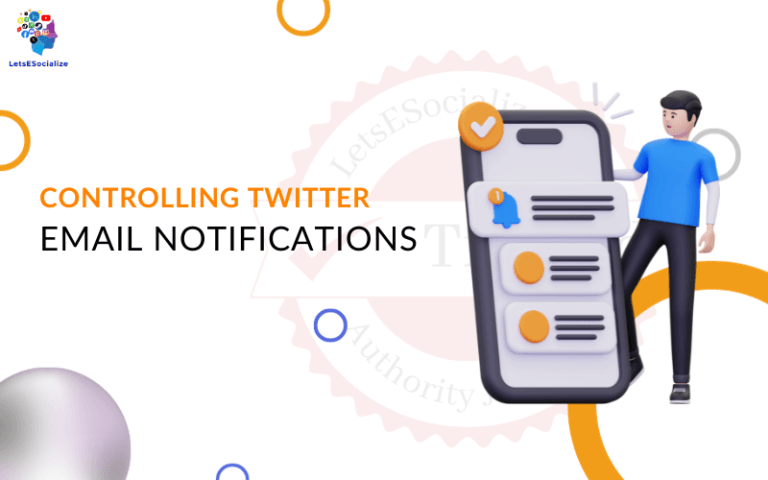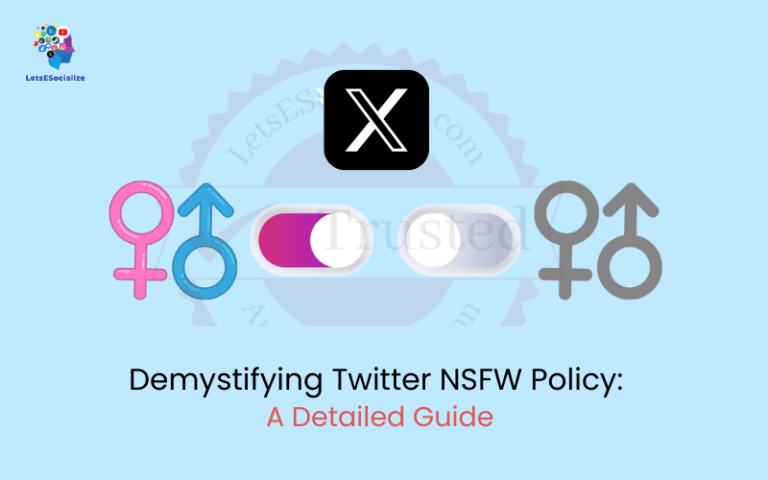Influencer marketing has become one of the most effective strategies for brands looking to expand their reach, increase engagement, and drive conversions on social media. And Twitter has emerged as a key platform for influencer collaborations.
But simply identifying relevant influencers on Twitter is just the first step. Building real connections and ultimately collaborating on impactful campaigns requires an effective strategy.
This comprehensive guide will explore best practices for engaging and collaborating with Twitter influencers to achieve success.
Table of Contents
Why Collaborate with Twitter Influencers
Before diving into how to collaborate with influencers on Twitter, let’s look at some of the key reasons brands are making influencer marketing on Twitter a priority:
Targeted Reach
Twitter influencers have invested significant time in building followers interested in their niche topics. Tapping into this existing audience provides instant access to a highly targeted group of potential customers.
Brand Awareness
Even a single mention or piece of content shared by the right influencer can dramatically increase brand awareness and introduce you to new audiences.
Content Distribution
Influencers can be great partners to help create and distribute content that engages their followers and gets shared organically.
Thought Leadership
Associating your brand with respected influencers lends credibility and helps establish you as a thought leader in your industry.
Cost Effective
Influencer collaborations tend to provide significantly higher ROI than traditional ads. The cost to engage nano and micro-influencers is very reasonable.
Authentic Messaging
When influencers share about your brand, it comes across as authentic, honest, and natural compared to branded ads.
Audience Insights
Influencers have direct access to gain feedback from their engaged audiences. They can provide valuable insights into your industry, products, or messaging.
There are compelling benefits to collaborating with the right influencers. Let’s look at how to turn those identifications into real partnerships.
Also read: How to Approach Twitter Influencers
How to Connect with Twitter Influencers
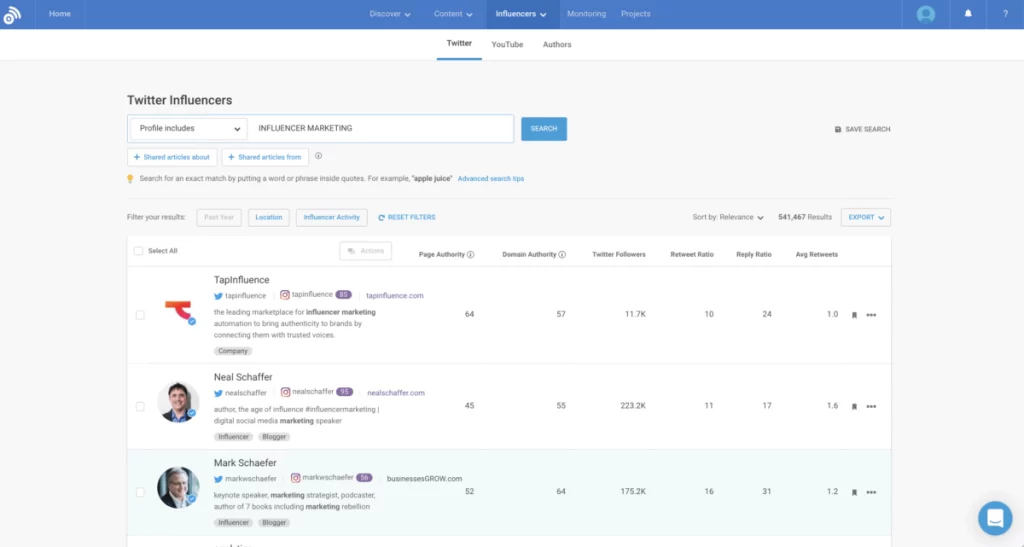
Reaching out to request collaborations with Twitter influencers you don’t have existing relationships with requires a strategic approach. Here are proven tips for making contact and opening conversations:
Take Time to Get to Know Them
Review an influencer’s Twitter profile, tweets, other social accounts, and website content. Please get familiar with their tone, topics, audience, and typical partnerships. This allows you to craft relevant, personalized outreach.
Follow Their Account
Please give them a follow on Twitter and interact with their content by liking, commenting, retweeting, and clicking links. This builds familiarity before you ever reach out.
Comment Thoughtfully
Leave value-driven comments on their posts when possible. Share insights, give your perspective, complement their work, or ask thoughtful questions. Avoid superficial comments.
Reply to Tweets
When they tweet questions, share opinions, or open discussions, chime in with on-topic replies. Look for opportunities to add your voice to the conversation.
Send Customized Direct Messages
Once you have some interaction history, send a short, polite introductory DM introducing yourself and your brand. Keep it casual and personalized.
Interact Across Channels
In addition to Twitter, engage with their other social networks, blogs, videos, podcasts, etc. Multi-channel interaction builds familiarity.
Network with Those They Engage
Identify who they interact and collaborate with already. Engage with those accounts to expand your network and increase touchpoints.
Partner First, Pitch Second
Initial outreach should focus on making a connection and offering a partnership rather than immediately pitching or asking for something.
Be Transparent About Intent
Don’t try overly casual approaches like “just saying hi!”. State your intent politely, whether it’s introducing yourself, giving a compliment, or opening collaboration discussions.
Provide Value From the Start
Think about how you can immediately provide value to the influencer and community, whether contributing insights or offering exclusive access to products, events, or content.
Strategic, personalized engagement over time opens the door for collaboration discussions. Avoid coming across as spammy or sales.
What to Look for in a Twitter Influencer
Only some influencers with a large following make a great partner. As you evaluate potential collaborators, look for these characteristics:
Engaged Audience
High follower counts alone don’t equal influence. Look for influencers with engaged audiences who actively like, comment, and share their content.
Strong Expertise
Opt for influencers who demonstrate subject matter expertise and thought leadership in their focus area. They should be recognized as trusted voices on their topics.
Content Resonance
Please review the types of content they post and how their audience responds. Does it drive genuine interest and engagement? Is the influencer creative and compelling?
Personality and Tone
Their online personality and tone should mesh well with your brand voice. Look for professionalism but also authenticity.
Responsiveness
During initial outreach and conversations, were they quick to respond? Once partnerships form, you want collaborators who are responsive and move quickly.
Campaign History and Examples
Look for some existing history of collaborating with brands for campaigns. Have they worked with competitors? Review examples of partnerships if available.
Passion and Values
The best influencer partners are passionate about topics relevant to your industry. They should also share similar values to your brand.
Professionalism
From communication to content quality to responsiveness, influencers must approach collaborations professionally to make the relationship work.
Evaluating these factors helps narrow the field to influencers who will drive results and represent your brand authentically.
Effective Ways to Partner with Twitter Influencers
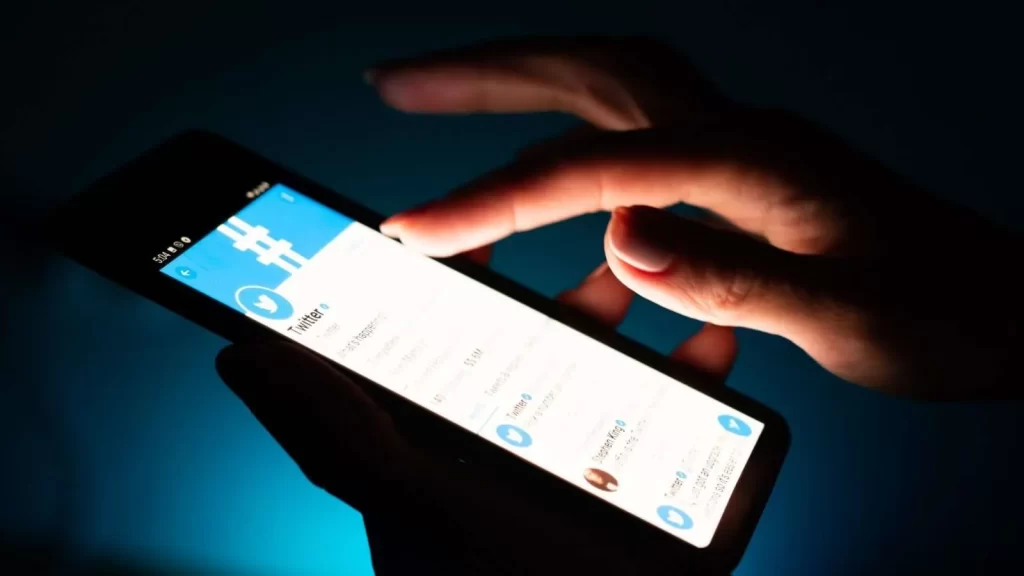
Once connected with relevant influencers excited about collaborating, it’s time to map out partnership opportunities. Consider these proven partnership ideas:
Sponsored Content
Pay influencers to create custom content like tweets, threads, videos, or blog posts related to your industry, product, service, etc.
Takeovers
Give influencers temporary access to posts from your brand’s Twitter account for a “takeover.” This provides pre-built reach while letting them apply their spin.
Polls and Questions
Have influencers post Twitter polls or questions prompting their followers to discuss topics related to your brand. This sparks organic conversation.
Hashtag Campaigns
Launch a custom hashtag and incentivize influencers to use it when posting relevant updates. This helps it trend and spreads brand awareness.
Live Tweet Events
If hosting a live industry event or webinar, enlist influencers to live tweet commentary and highlights.
Product/Service Reviews
Send influencers free samples of new products or access to your services. In exchange, they request they share honest reviews, feedback, photos, etc.
Exclusive Content
Offer influencers access to exclusive content from your brand they can review and share, like sneak peeks, discounts, early admission, etc.
Contest Promotion
Leverage influencers to promote contests or giveaways you are running to expand reach and entries. Offer additional entries for their followers.
Quote Contributions
Ask influencers to contribute quotes you can use in blog articles, emails, social posts, ads, etc.
Community Q&As
Work with influencers to co-host live or virtual events like Q&As, where they provide the expertise guests seek in your niche.
These are just a few examples of possible partnerships. The key is collaborating on mutually beneficial campaigns, playing to the influencer’s strengths, and resonating with their engaged followers.
Structuring Twitter Influencer Partnership Agreements

To keep influencer partnerships productive and avoid misunderstandings, it’s important to establish clear expectations and guidelines upfront in a formal agreement. Here are key details to include:
Objective
Document the partnership’s primary goal or desired outcome from both brand and influencer perspectives.
Content Guidelines
Guide content type, topics, tone, hashtags, visual style, ideal length, etc., while allowing creativity.
Deliverables and Timing
Specify expected deliverables, creation process, and campaign timelines for each content asset the influencer will provide.
Promotion
Detail the expected promotion of each piece of content by the influencer via their Twitter account and other owned channels.
Approval Process
Explain any review and approval processes for influencer-created content before promotion. Build in time for feedback cycles.
Editing Clause
Please state whether you have any rights to edit or modify the influencer’s content before it gets published.
Licensing/Usage
Clarify how the brand can use any content created in the partnership, like photos, videos, etc.
Exclusivity
Specify any exclusive usage periods before promoting content to other brands, if applicable.
Compensation
Provide complete compensation details, including amounts, payment schedule, requirements for payment, etc.
Reporting
Define what campaign metrics and reporting the influencer will provide, including clicks, engagement, conversions, etc.
Legal Boilerplate
Include any required legal terms like confidentiality, indemnification, right to terminate for breach, etc.
Drafting detailed agreements helps clarity down the line. However, they should allow flexibility for influencers to bring their unique creativity and voice.
Compensating Twitter Influencers
Setting fair compensation for influencer collaborations on Twitter is important to motivate engagement, build long-term relationships, and get the highest ROI. Here are some tips on establishing pay:
Base Pay on Deliverables
Rather than an upfront flat fee, compensate based on specific content deliverables like a certain number of tweets, videos created, blog posts, etc.
Factor in Exclusivity
If requesting a window of exclusive promotion before they can share content elsewhere, increase compensation accordingly.
Consider Audience Reach and Engagement
While not the only factor, influencers with larger, more engaged followings often command higher rates.
Adjust for Niche Value
Influencers in highly valuable, competitive niches like business or technology tend to cost more than general interest niches.
Compared to Rates of Similar Influencers
Research average rates other comparable influencers charge for content partnerships. Use this to benchmark your offers.
Allow Room to Negotiate
Make initial offers on the lower end of expected rates to allow room for negotiation. Many influencers will counter before accepting.
Outline Brand Value Provided
Beyond cash pay, highlight the other forms of value the brand brings, like exposure, free products, event access, etc.
Pay Competitively
While you don’t want to overpay, make sure offers are competitive to win partnerships with top influencers in your space versus competitors.
Require W9s/Tax Info
For any significant compensation, require influencers to complete tax forms or provide business entity info to avoid payment issues.
Setting fair pay that also fits your budget is key for productive influencer relationships on Twitter.
Tracking Twitter Influencer Campaigns

It’s vital to implement tracking to measure the impact of your Twitter influencer campaigns. Here are some key metrics to monitor:
Content Reach
For each content post, track the unique accounts exposed based on the influencer’s followers and engagement.
Engagement Rate
Calculate the engagement rate by dividing likes, retweets, comments, and clicks by the total reach for each post. Benchmarks vary by industry.
Link Clicks
Use UTMs or bitly to track total clicks and click-through for content with links.
Traffic Referrals
Use Google Analytics to monitor overall visits and traffic from influencers’ Twitter handles during campaigns.
Mentions and Hashtag Volume
Use free or paid tools to monitor brand name mentions and custom hashtag volume during campaigns.
Conversions
Suppose campaigns include special offers or promo codes, track usage, attributed sales, content downloads, signups, etc.
Audience Feedback
Review comments and conversations sparked by influencer content. Look for highlights as well as constructive feedback to improve efforts.
Influencer Insights
Follow up with the influencers after campaigns to get their perspective on performance, audience reception suggested optimizations, etc.
Continuously tracking and optimizing campaigns based on data ensures you maximize ROI on influencer collaborations over time. Assign clear ownership internally for reporting and analytics.
Maintaining Long-Term Influencer Relationships
The best influencer programs take a strategic, long-term approach. Developing lasting influencer relationships increases reach and impact over time. Here are some tips:
Treat Influencers Like Media Partners
Adopt a respectful, professional mindset like you would with traditional media partners. Avoid treating influencers like disposable vendors.
Continually Deliver Value
Look for ways big and small to continue delivering value to influencer partners, like access to insider content, new product samples, event invites, etc.
Keep Communication Lines Open
Maintain frequent, open communication outside of specific campaigns. Check-in regularly to nurture the relationship.
Develop an Influencer Ambassador Program
For top influencers, formalize long-term partnerships via “ambassador programs” with defined commitment, activities, and rewards.
Monitor Their Content and Metrics
Stay current on the influencers’ follower growth, engagement rates, topics, etc. This allows you to strategize new partnership ideas as they evolve.
Request Feedback
Check-in regularly to get influencer’s feedback on previous campaigns and ideas for new collaborations and content formats.
Celebrate Successes
When campaigns perform well, or influencer content gets high engagement, congratulate them publicly via Twitter or other channels.
Invite Cross-Promotion
Offer to return the promotional favor by featuring influencers on your blog, social channels, at events, etc.
Collaborate Repeatedly
Consistently partnering together on campaigns develops rapport. But avoid becoming overly dependent on a single influencer. Diversify influence.
Think of influencers as long-term media and marketing partners versus one-off contractors. This mindset builds lasting relationships that grow over time.
Twitter Influencer Marketing Mistakes to Avoid
While influencer marketing on Twitter provides many benefits, there are also potential pitfalls to sidestep during program execution. Here are key mistakes to avoid:
Rushing Outreach and Partnerships
Research, identify the right influencers, and build relationships before formal partnerships. Take your time with ill-fitted collaborations.
Focusing on Reach Over Engagement
Prioritize genuine audience engagement over size. A midsize profile with a higher concentration often results better than a massive profile with disengaged followers.
Not Defining Guidelines
Failing to provide detailed content guidelines and expectations leaves too much open to interpretation.
Little Communication Outside Campaigns
Only engaging influencers when you need campaigns gives the impression you see them as dispensable vendors. Maintain consistent communication to build relationships.
Restricting Creativity Too Much
While you want consistency, give influencers room to apply their creative spins when producing content. Find the right balance.
Not Compensating Fairly
Lowballing pay risks turning off potential influencer partners quickly. Benchmark and offer competitive pay rates for the engagement you request.
Limited Tracking and Optimization
Not implementing thorough campaign tracking limits your ability to calculate true ROI and optimize efforts over time.
Relying Too Heavily on Just Big Names
While major influencers provide reach, the most effective campaigns incorporate a mix of influencer tiers and specializations.
Learn from the missteps of others. Develop a strategic, thoughtful, and consistent approach to collaborating with the right influencers and avoiding these pitfalls.
The Future of Influencer Marketing on Twitter
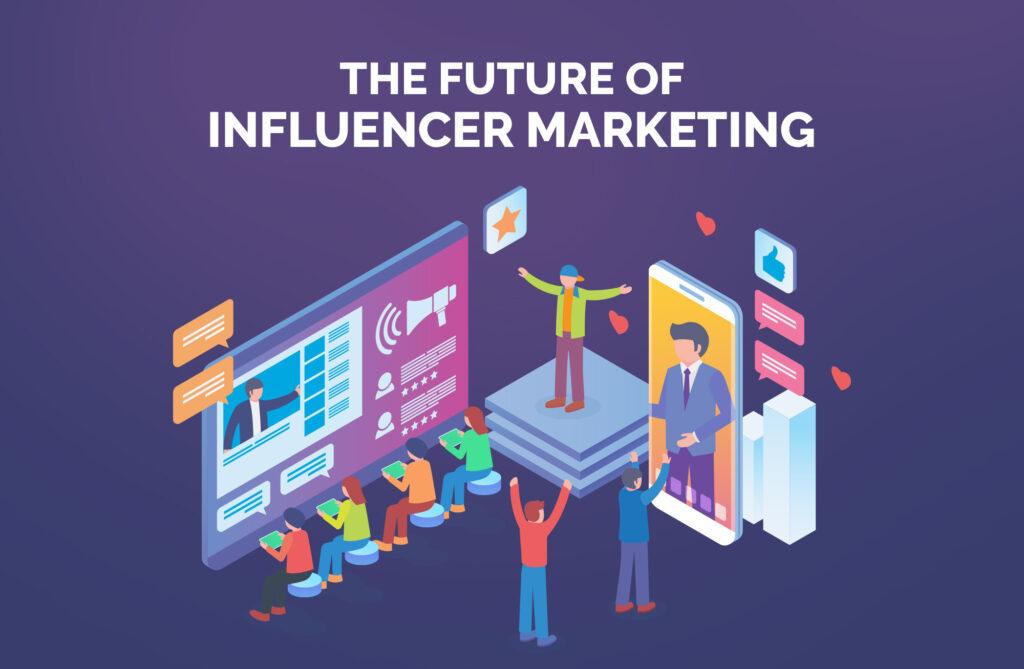
Twitter remains a highly effective platform for influencer marketing looking ahead. However, expect shifts in best practices as the space evolves:
Growth of Micro-Influencers
As mega-influencers become oversaturated, brands are shifting focus to micro and even nano-influencers with smaller but hyper-targeted reach.
Video Takes Priority
Expect a bigger emphasis on long-form video content as platforms like YouTube and TikTok gain influencer popularity. Short video clips for Twitter will also thrive.
Authenticity Over Volume
Genuine connections will mean more than spamming lots of lower-quality influencer content. Both parties will become more selective and strategic.
In-House Influence
More brands will invest in building in-house influencer programs with their staff acting as thought leaders versus relying fully on outside names.
New Collaboration Formats
Innovative new formats like collaborative live streams, podcasts, digital events, and others provide fresh opportunities for influencer campaigns.
Tighter Technology Integration
Look for platforms and tools centralizing influencer discovery, outreach, campaign management, and reporting for streamlined end-to-end program execution.
The influencer marketing landscape will continue rapidly evolving. Brands should stay on top of the latest Twitter trends, tools, and best practices as they emerge.
Conclusion
The opportunity to drive awareness, engagement, and conversions by collaborating with relevant Twitter influencers is tremendous for brands willing to take an intentional, long-term approach.
Using the strategies outlined in this guide, you can identify and connect with great influencer partners, execute high-impact campaigns, maximize ROI through tracking, and build lasting relationships over time.
While every niche, brand, and influencer is unique, the framework provided optimizes your chances of success. Brands that master influencer marketing gain an advantage over competitors and are still focused only on traditional strategies.
In the end, embrace influencer marketing as an ongoing process of continuous optimization. Learn and refine as you go to increase engagement and conversion rates across campaigns. Wait to expect perfection.
Collaborating with the influencers already captivating niche audiences allows your brand to tap into those hyper-targeted communities. Do it thoughtfully and strategically; the sky is the limit on impact.

